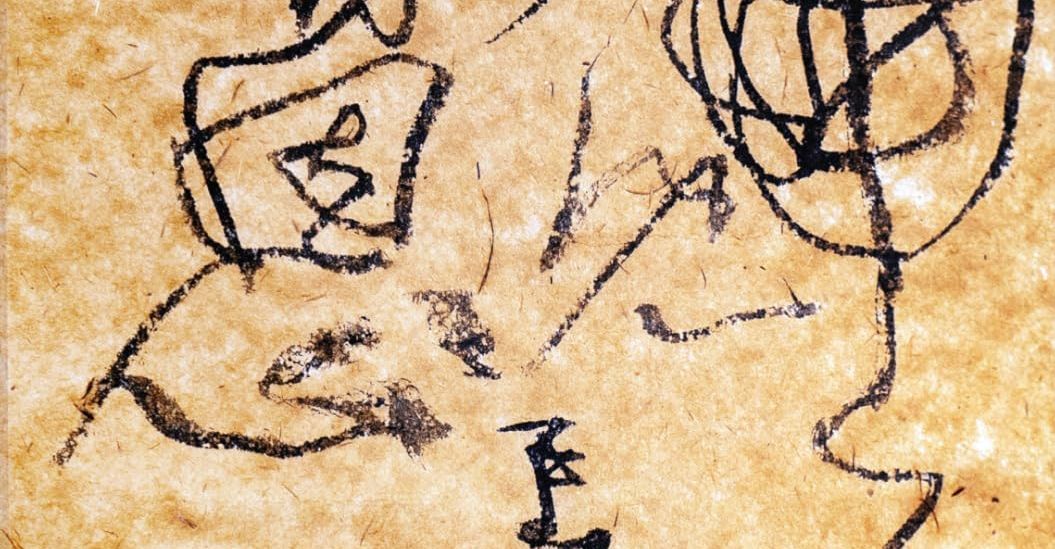AI generated prynne commentary here
Poems by J.H. Prynne.

allpoetry.com
Analysis (ai): This poem explores themes of time, desire, and loss. The speaker reflects on a past relationship, recalling the "smell of diesel oil on the road" and "the friends there are." The poem's language is fragmented and elliptical, with a focus on precise imagery.
Compared to Prynne's earlier works, this poem exhibits a shift towards a more lyrical style, while retaining his characteristic attention to detail and language. It also reflects the changing poetic landscape of the 1980s, where experimental forms and language were prevalent.
The poem's title, "From end to end," suggests a journey or transition. The speaker's desire is portrayed as "infinite" and "longer than the infinite," but it is also "broken" and "crossed." The poem concludes with a sense of loss and farewell, as the speaker reflects on the broken relationship and the passage of time
 steemit.com
steemit.com


